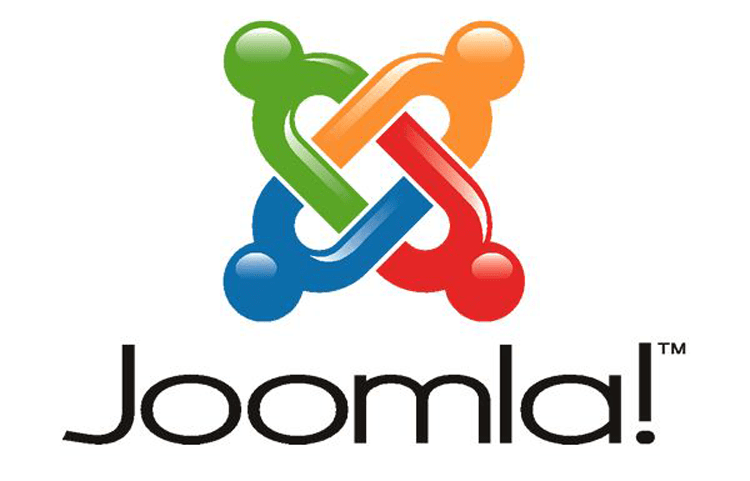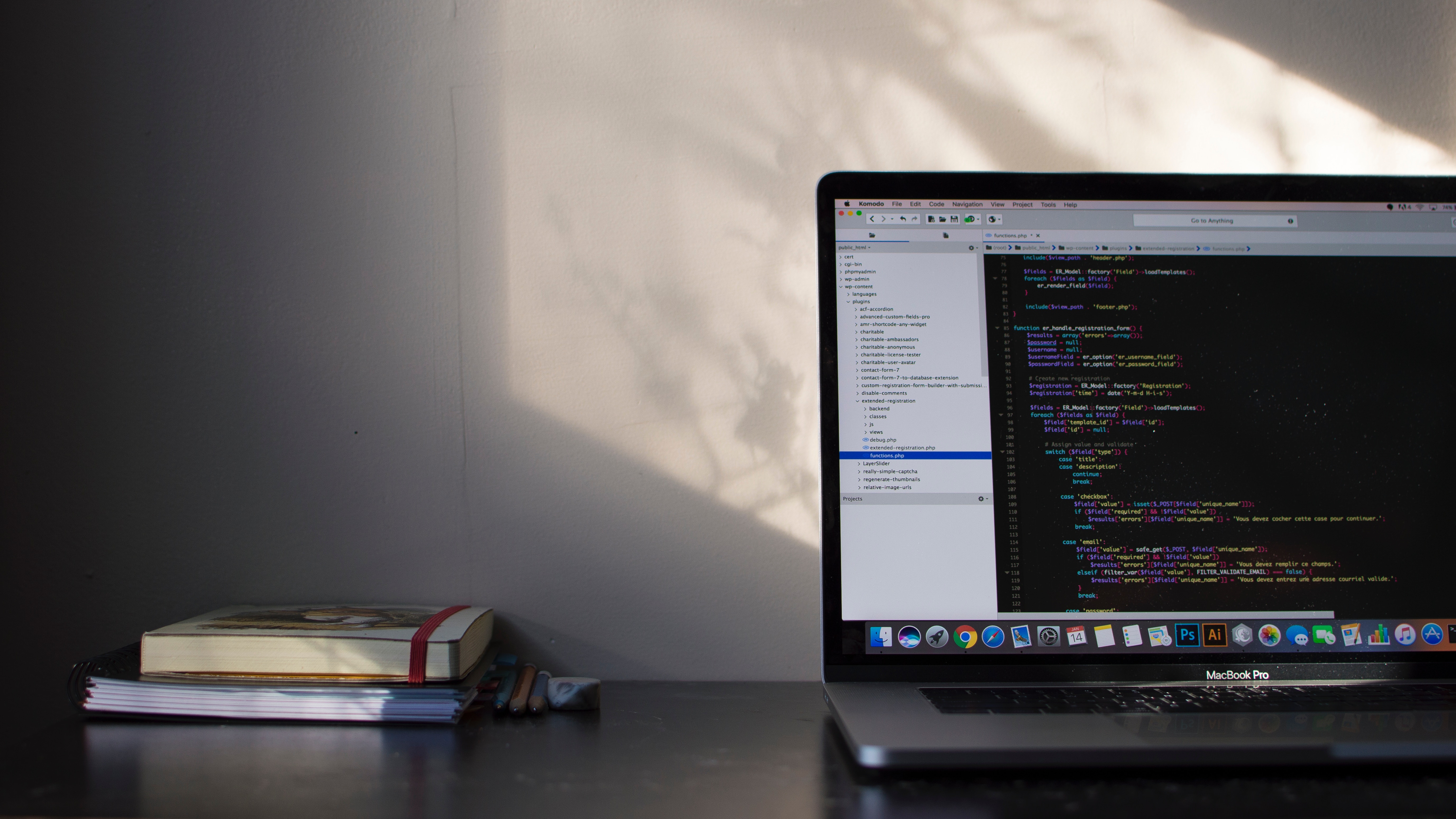How to speed up your Joomla website

Is your Joomla website slow? Users hate slow websites, and if your Joomla website is slow then they will abandon your website faster than they usually would which, will majorly damage your conversion rate.
In fact, if your Joomla site takes more than 2 seconds to load your search rankings could be at risk. Google even says that site speed is used to determine your place in their rankings.
Joomla is a great platform for building your organisation’s website. It is free to use, well-established, and can create highly functional professional websites.
However, just like those built on other platforms, Joomla websites can sometimes have slow loading times.
If your Joomla website has slow loading times, then you need to fix the issue fast, before it starts impacting your business.
To help, here are 9 tips to speed up your Joomla website.
1. Enable caching on your Joomla site
If your Joomla website has a lot of static content, or if the content on the pages rarely changes, you can speed up loading time by using caching.
Caching allows the static elements of a web page to be stored on a user’s device so that when they revisit your site only the dynamic elements need to be downloaded from your server. Reducing the amount of data that needs to be sent speeds up the loading time of your Joomla website.
To enable caching on your Joomla site, firstly you will need to enable the Joomla Cache extension. To do this, go to Extensions > Plugin Manager and check for the System Cache extension; once you have found it, enable it. If you can’t find the extension, you will need to install it first, and then enable it.
Once the extension is enabled, go to Global Configuration > System Tab and choose Cache Settings. Here you can select progressive or conservative caching; in most cases, conservative caching is the most suitable.
2. Uninstall any extensions slowing your Joomla website
The benefits of extensions are that they add a lot of extra functionality to your Joomla website. However, the downside is that they also slow down your site speed. This is because extensions have separate software to the main Joomla code, and therefore require extra HTTPS requests during loading.
Of course, some plugins are better optimised for website speed than others. A piece of advice would be to use Google’s PageSpeed Insights tool and check your Joomla website speed with plugins enabled and disabled. If a particular extension is having a significant impact on your website speed, you should look for an alternative.
As a general rule, the fewer extensions you use the quicker your website will load. If an extension isn’t essential, then it may be better to remove it completely. Also, make sure that you uninstall any unused extensions from your Joomla website.
3. Enable G-Zip compression
You may have encountered G-Zipped files before in the form of email attachments or downloads. G-Zip files are files that have been compressed to make them easier for quicker sending. When you get a G-Zip attachment or download, you unzip it or extract it before you use it.
You can also use G-Zip compression for sending website data. This reduces the size of the web page so that it arrives quicker on the user’s device, and the user’s browser automatically extracts the data for viewing. Compressing, sending and uncompressing is a faster way to load a website than sending the data uncompressed.
To enable G-Zip compression on Joomla, go to Global Configuration > Server > Server Settings, then select G-Zip Page Configuration and click ‘Enable’.
4. Optimise the images on your Joomla website
Images make up some of the biggest pieces of data sent when your Joomla website is loading. Anything that you can do to reduce image sizes is helpful in speeding up the loading time of your website, especially if your website has lots of visual content.
A simple way to speed up your images is to make sure that they are properly optimised. Only upload .png files if possible, make sure their resolution is 72dpi, and resize them to match the dimensions of your website them.
5. Configure .htaccess file for speed
Another way to improve the speed of your Joomla site is to configure your .htcaccess file. Some common additions include:
- ETag, which instructs a user’s browser to fetch images from the device’s cache instead of your server.
- AddOutputFilterByType Deflate, which minimises the HTML source code so it loads quicker.
6. Optimise your Javascript and CSS
Javascript and CSS are scripts that tell a browser how to render your Joomla website on the user’s screen. The rendering cannot take place until these scripts arrive and the website will not appear before rendering.
If you use lots of different extensions, each one may have its own Javascript and CSS script – and each one will be sent separately. This will seriously slow down your Joomla website.
One way to speed up your Joomla website is to compress CSS and Javascript files. This can be done by using the T3 framework.
Simply go to the T3 framework general settings, select the optimise Javascript and CSS option, and enable it. Once you have done this, select the files that are to be optimised and save.
7. Use a Content Delivery Network
Regardless of the speed of today’s internet, the distance your data has to travel to a user’s browser still impacts on loading time. If your server is based in the UK, your Joomla website will load quicker in Europe than it does in America. However, a Content Delivery Network can change this.
A Content Delivery Network is a collection of globally distributed proxy servers that store cached data from your website. When used, a Content Delivery Network means that a visitor can download your site from the nearest and quickest proxy server.
8. Choose the right enterprise Joomla website hosting solution
In addition to the configuration of your Joomla website, the other leading factor in improving your loading time is your enterprise web hosting package. Web servers that are not optimised for Joomla won’t provide the best performance for Joomla websites. When choosing the right enterprise web hosting provider, you need to think about the actual hardware being used. Does your host regularly update the hardware, and are they using the latest technology? All these things will have a big impact on the speed of your Joomla website.
9. Make your Joomla website mobile- friendly
The majority of web browsing now takes place on smartphones; this means that your site must be responsive and mobile-friendly. If your Joomla website isn’t responsive, then you could be losing business from mobile users. Also, now that Google uses mobile-friendliness as a ranking factor, it could be affecting your traffic too.When it comes to speed, the best way to speed up your Joomla website is to use Accelerated Mobile Pages (AMPs). AMPs are web pages designed to load very quickly on smartphones regardless of how they are connected to the internet, what smartphone is used, and where they are located.
Now speed up your Joomla website
If you are using Joomla, you have made the right choice of platform for your website.
By putting the above tips into action, you will be able to make your Joomla website perform even faster so that you can benefit from higher Google rankings, increased web traffic, and improved sales.
At Artonezero, we have been building, maintaining, and hosting Joomla Websites since 2006. As one of the UK’s recognised leading Joomla! web development agencies we offer Joomla! web design & development, Joomla! eCommerce sites, digital marketing and Joomla web hosting, and Joomla! systems integration that will help you to make the most out of your online presence.
Need an experienced Joomla web developer to solve your digital problems? Get in touch today to discuss your project requirements with one of our in-house experts.



